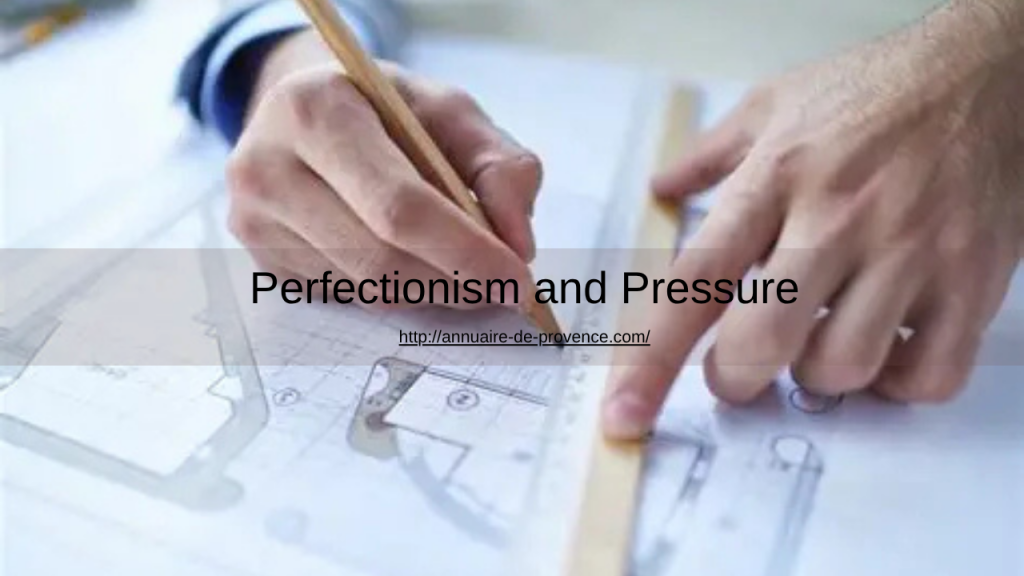
The world of architecture is built on precision, creativity, and an unyielding pursuit of excellence. Architects are known for their ability to turn vision into structure, balancing beauty and function with mathematical precision. However, behind the carefully crafted blueprints and innovative designs, many architects struggle with the heavy weight of perfectionism and chronic pressure. These factors, while driving success, can also increase vulnerability to stress, burnout, and addiction.
At Annuaire de Provence, we understand how professional demands can quietly impact mental health. Our holistic and faith-based treatment programs are designed to help individuals, including professionals in creative fields, recognize early warning signs of addiction and find a path toward recovery, balance, and renewed purpose.
The High Cost of Perfectionism in Architecture
The Pursuit of Flawlessness
Architects are often perfectionists by nature. Their careers revolve around exactness—every measurement, every design decision, every client presentation must be impeccable. While this drive ensures high-quality work, it also fosters unrealistic expectations. Over time, the inability to tolerate mistakes or meet impossible standards can lead to self-criticism, anxiety, and emotional exhaustion.
When Pressure Becomes Overwhelming
Tight deadlines, client demands, and constant revisions can quickly transform passion into pressure. Many architects work late into the night, sacrificing rest and personal well-being for project completion. To keep up, some turn to stimulants, alcohol, or prescription medications as coping tools. What begins as an occasional aid can slowly evolve into dependency.
Recognizing Early Signs of Addiction
Subtle Shifts in Behavior
Addiction rarely starts with a dramatic change. It often begins subtly—missing deadlines, withdrawing from colleagues, or using substances to “relax” after stressful days. Over time, these patterns can intensify, leading to secrecy, denial, and a loss of control. Recognizing these early shifts allows intervention before the problem deepens.
Emotional and Physical Symptoms
Stress-related exhaustion, irritability, sleep disturbances, and frequent illness are common early warning signs. Emotionally, architects may experience low motivation, feelings of inadequacy, or persistent anxiety. Physically, dependency can manifest through fatigue, headaches, or tremors. These symptoms should not be dismissed as “normal” in a high-stress profession.
The Role of Denial and Stigma
In many creative and professional fields, admitting to addiction can feel like admitting failure. Architects, in particular, often fear judgment or damage to their reputations. This stigma keeps many from seeking help early, allowing addiction to progress in silence. Overcoming this fear begins with understanding that seeking help is not a weakness but a courageous step toward healing.
How Holistic Healing Supports Lasting Recovery
Treating the Whole Person
At Annuaire de Provence, we believe true recovery requires more than symptom management. Our holistic approach addresses the mind, body, and spirit. Through a combination of counseling, therapy, nutrition, mindfulness, and spiritual guidance, clients gain the tools to restore balance and rediscover purpose beyond work.
Individualized Care for Professionals
We understand that architects and professionals face unique challenges. Our individualized programs are designed to fit different lifestyles, offering both inpatient and outpatient options. Whether through residential healing or flexible treatment that accommodates work responsibilities, recovery is possible without sacrificing one’s career.
Rebuilding Through Community and Faith
Healing is most effective when individuals feel supported. Group therapy, peer support, and faith-based programs provide a safe and compassionate space to share experiences and build resilience. Through community, clients learn that they are not alone in their struggles and that recovery can be a collaborative journey.
Taking the First Step Toward Recovery
Addiction among architects is often hidden beneath professionalism and success. Yet acknowledging the problem early is the most powerful way to reclaim control. By understanding the link between perfectionism, pressure, and substance use, architects can take proactive steps to protect their mental health and well-being.
At Annuaire de Provence, our compassionate team is dedicated to helping professionals break free from the cycle of stress and addiction. Through holistic, faith-based, and personalized treatment, we guide each individual toward lasting healing and renewed clarity.
If you or someone you know in the architectural field is showing signs of burnout or addiction, reach out today. Let us help you design a healthier foundation—one built on balance, strength, and hope.